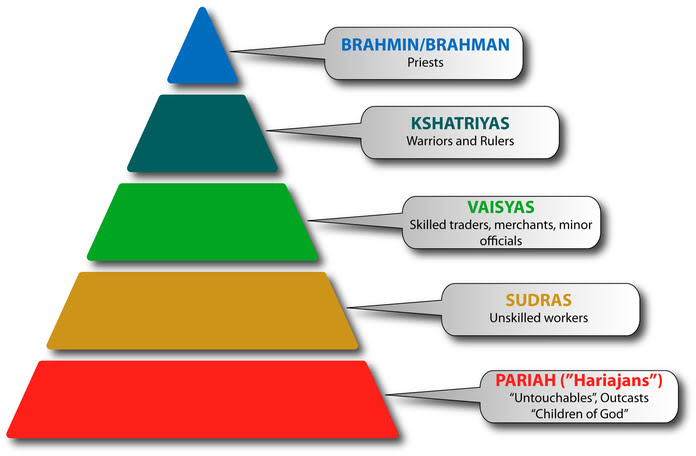Apple (NASDAQ:AAPL) is emerging as an early leader in plans to free Silicon Valley of a rigid hierarchy that has separated Indians for years. America’s tech giants are getting a modern-day crash course in India’s historic caste system.
Apple (NASDAQ:AAPL), the largest publicly traded business in the world, revised its general employee conduct code almost two years ago to prohibit discrimination based on caste, in addition to existing classification including; age, ancestry, race, religion, and gender. The introduction of the previously unreported new category goes beyond U.S. discrimination statutes, which do not explicitly prohibit casteism.
Caste Lawsuit Against Cisco
The revision followed a wake-up call for the tech industry, which relies heavily on skilled immigrants from India, in June 2020, when California’s employment regulator filed a lawsuit against Cisco Systems (NASDAQ:CSCO) on behalf of a low-caste engineer who claimed that two higher-caste bosses were obstructing his career.
Cisco (NASDAQ:CSCO), which denies wrongdoing, asserts that an internal investigation uncovered no evidence of prejudice and that some of the complaints are without merit because caste is not a “protected class” under California law. This month, an appeals tribunal denied the networking company’s request to move the matter to private arbitration, which means a public court battle might begin as soon as next year.
The issue, the first U.S. employment lawsuit alleging casteism, has forced Big Tech to confront a millennia-old system in which Indians’ social position has been based on family lineage, from the “priestly” Brahmin class to the “untouchable” Dalits, relegated to menial work. Since the lawsuit was filed, a number of activist and employee groups have sought updated U.S. discrimination legislation and have also urged tech businesses to amend their own rules to assist fill the hole and discourage casteism.
Kevin Brown, a law professor at the University of South Carolina who studies caste issues, said he was not surprised that the policies would be inconsistent because that is almost to be expected when the law is unclear, citing the uncertainty among executives as to whether caste would eventually be codified in U.S. statutes.
After September 2020, Apple’s (NASDAQ:AAPL) primary internal policy on workplace behavior will include references to caste in the equal employment opportunity and anti-harassment sections. Apple said that it changed the language a few years ago to emphasize that we prohibit caste-based discrimination and harassment. It was added that caste is also expressly mentioned in employee training.
Amazon (NASDAQ:AMZN), Dell, Facebook (NASDAQ:META), Microsoft (NASDAQ:MSFT), and Google (NASDAQ:GOOGL), among others, do not directly mention caste in their primary global policies.
The companies informed Reuters that they have zero tolerance for caste prejudice and, with the exception of Meta, stated that such bias would be prohibited by existing policies prohibiting discrimination based on categories such as heritage and national origin.
Featured Image: Megapixl @Julesunlimited















